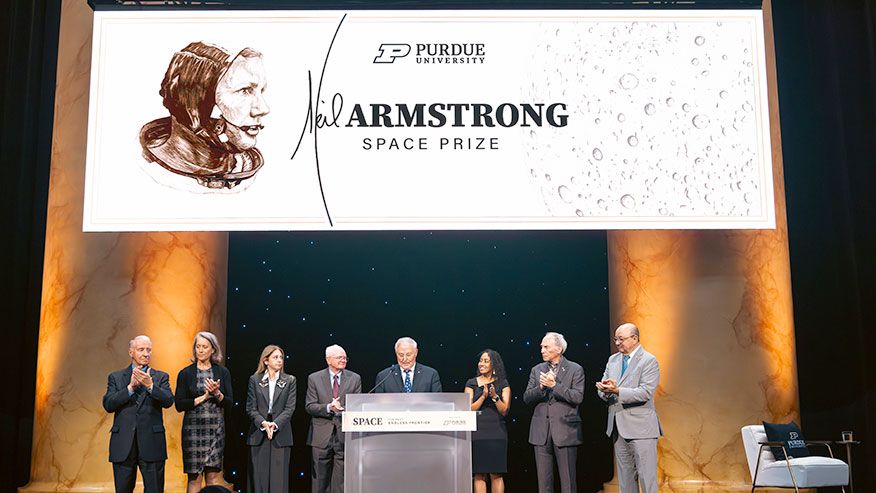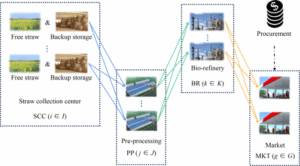
Purdue University has announced the creation of the new Neil Armstrong Space Prize, an international accolade aimed at recognizing outstanding achievements in space discovery. The announcement coincided with the 56th anniversary of the Apollo 11 moon landing on July 20, 2025, and was made during an event held in Washington, D.C. This award intends to achieve the same prestige as the Nobel Prize, specifically for advancements in space exploration.
During the event, Mung Chiang, president of Purdue University, expressed the significance of the prize, stating, “This prize carries Armstrong’s name and Purdue’s space legacy. We unveil the creation of a Nobel-level prize for space at a transformational time for the next giant leaps in space.” The university, which has produced more astronauts than any other institution, boasts a total of 28 astronaut alumni, including the award’s namesake, Neil Armstrong, who graduated with a degree in aeronautical engineering in 1955.
Categories and Nominations for the Prize
The inaugural Neil Armstrong Space Prize will be awarded for the first time in 2026 and will recognize achievements in three main categories: technologies that improve life on Earth, discoveries that expand our understanding of the universe, and inspirational accomplishments in space exploration. Nominations for individuals or teams will be accepted starting in August and will close on November 1, 2025.
In attendance at the launch were eight out of Purdue’s 22 living astronaut alumni, including Jerry Ross, a veteran of seven space shuttle missions. Other notable astronauts present included Roy Bridges, Mark Polansky, and Charlie Walker, as well as suborbital fliers Sirisha Bandla, Marc Eagle, Beth Moses, and Audrey Powers. Their presence underlines Purdue University’s significant role in the realm of space exploration.
Selection Committee and Future Aspirations
The selection committee for the award features prominent figures from the space industry, including former NASA associate administrator Jim Free, Kathy Lueders, SpaceX Starbase manager, former Blue Origin president Rob Meyerson, and former head of NASA’s science division Thomas Zurbuchen. The committee is chaired by Dan Dumbacher, a professor of engineering practice at Purdue University.
Arvind Raman, the John A. Edwardson Dean of Purdue’s College of Engineering, stated, “At a time when space is more accessible than ever, this award aims to inspire the next generation of space leaders while highlighting Purdue’s enduring role in space research, exploration, security, and partnerships with NASA, the U.S. Space Force, and the commercial space sector.”
The establishment of the Neil Armstrong Space Prize marks a significant moment in recognizing and promoting the advancements in space exploration, encouraging future generations to push the boundaries of what is possible in the cosmos.







